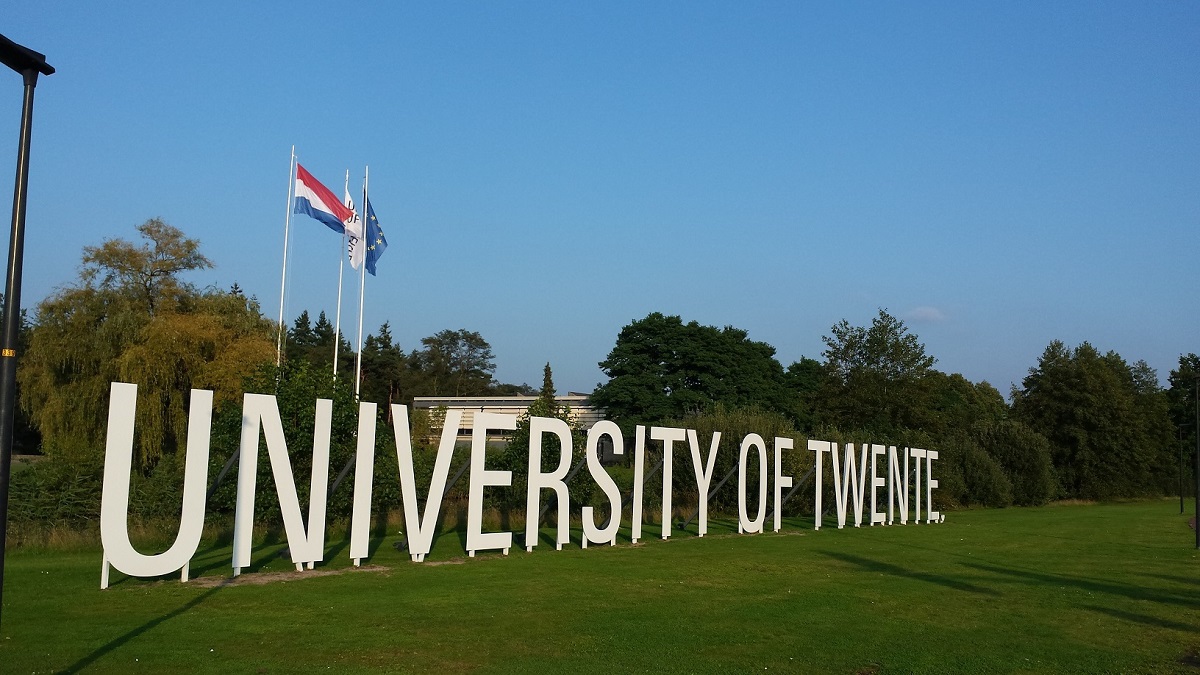
In this project, we will first design and develop methodologies and tools to understand and characterize IoT malware. This will allow us to depict a comprehensive picture of the current threat landscape and to identify the common properties of this new class of malicious behaviors.
The Centrum voor Veiligheid en Digitalisering (Centre for Safety and Digitalisation, CVD) is a knowledge institute in which companies and public organisations are collaborating on questions related to this theme. In this context, the University of Twente, Saxion University of Applied Sciences, and the Police Academy of the Netherlands are setting up a joint research program around this time. The research program is centered around the 3 focus areas of the CVD: critical data & infrastructure, actionable intelligence and cyberresilience.
For each research line, we are looking for two PhD students to work on this theme. The PhD students will work in a multidisciplinary fashion, in close collaboration with each other, and with the supervision teams with members from the different CVD partners.
About the Project
Internet of Things (IoT) devices have become ubiquitous. While they automate and simplify many aspects of users’ lives, recent large-scale attacks have shown that their sheer number poses a severe threat to the Internet infrastructure. In fact, cybercriminals have started to target this new technology for malicious purposes. In particular, we have witnessed the development and spreading of IoT-targeted malware, which infects IoT devices to create botnets and run distributed attacks. Unfortunately, because of the fundamental technological differences of the IoT ecosystem (e.g., low power and limited computational resources), traditional malware analysis and defense approaches are not applicable in this setting.
In this project, we will first design and develop methodologies and tools to understand and characterize IoT malware. This will allow us to depict a comprehensive picture of the current threat landscape and to identify the common properties of this new class of malicious behaviors. Then, we will leverage the obtained knowledge to research novel lightweight approaches to effectively and efficiently detect malware infections in IoT devices, mitigating dangerous attacks. Finally, we will investigate the scenario of supply chain attacks, i.e., malware being injected into third-party libraries that are embedded in the building process of IoT firmware.
YOUR PROFILE
- You are a highly motivated and enthusiastic researcher, aspiring to do world-class research and have real-world impact.
- You have, or will shortly acquire a MSc degree with excellent grades in computer science, or similar;
- You are interested in the domain of cybersecurity and particularly have a solid background in network and systems security; some good background in reverse engineering and software modeling and prior experience with writing scientific papers are of additional advantage.
- You are curious and interested in learning how things work and how to make them better.
- You are an independent and original thinker with a creative mindset.
- You have good analytical and communication skills.
- You have a good team spirit and like to work in an internationally oriented environment.
- You are proficient in English (verbal and written).
OUR OFFER
- As a PhD student at UT, you will be appointed to a full-time position for four years, with a qualifier in the first year, within a very stimulating and exciting scientific environment;
- The University and partner institutes offer a dynamic ecosystem with enthusiastic colleagues;
- Your salary and associated conditions are in accordance with the collective labour agreement for Dutch universities (CAO-NU);
- You will receive a gross monthly salary ranging from € 2.443,- (first year) to € 3.122,- (fourth year);
- There are excellent benefits including a holiday allowance of 8% of the gross annual salary, an end-of-year bonus of 8.3%, and a solid pension scheme;
- A family-friendly institution that offers parental leave (both paid and unpaid);
- You will have a training programme as part of the Twente Graduate School where you and your supervisors will determine a plan for a suitable education and supervision;
- Part of this training programme will be filled by trainings developed especially by the CVD partners;
- We encourage a high degree of responsibility and independence, while collaborating with close colleagues, researchers and other staff.
INFORMATION AND APPLICATION
Are you interested in this position? Please send your application via the ‘Apply now’ button below before June 1, 2022, and include:
- A motivation letter
- A detailed CV
- Names of 2 or 3 people that we can contact for additional information
It is allowed to apply for multiple positions.
For more information regarding this position, you are welcome to contact Andrea Continella, a.continella@utwente.nl




